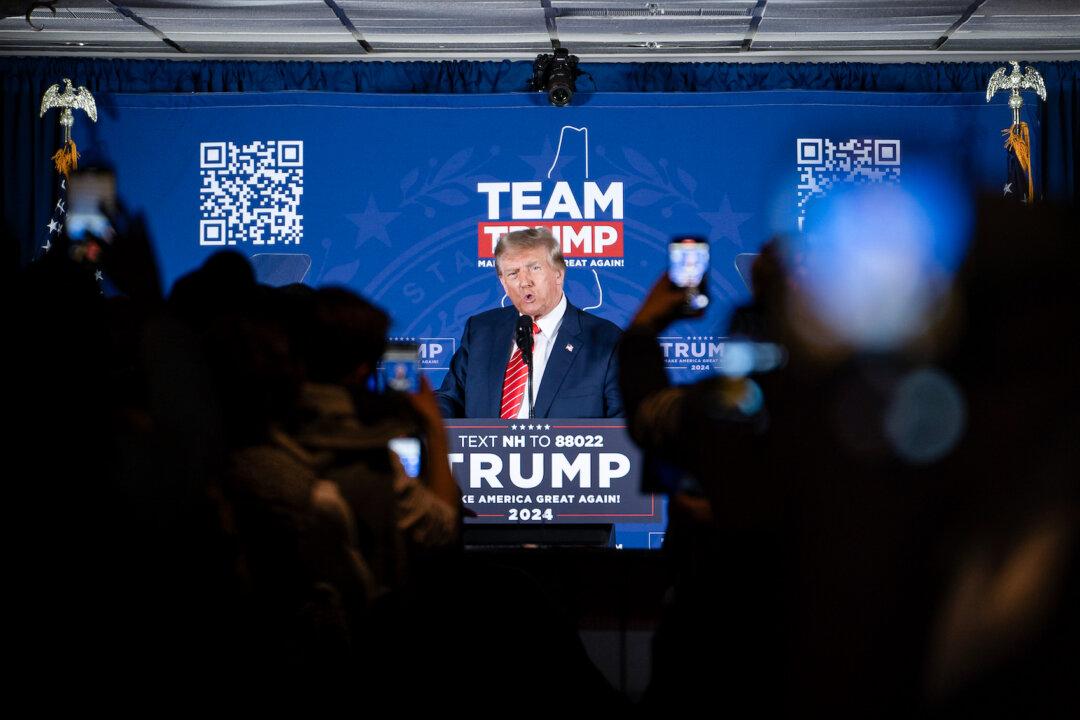The U.S. Court of Appeals for the District of Columbia Circuit has denied former President Donald Trump’s request for a rehearing in the appeal of his federal gag order.
A panel of three judges issued the order on Jan. 23. President Trump had also requested the appeal be heard by the whole bench of 11 judges, but that was also denied.





